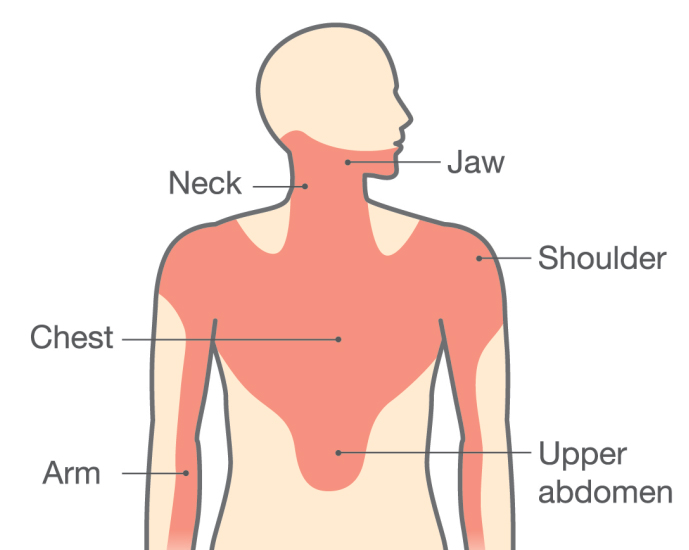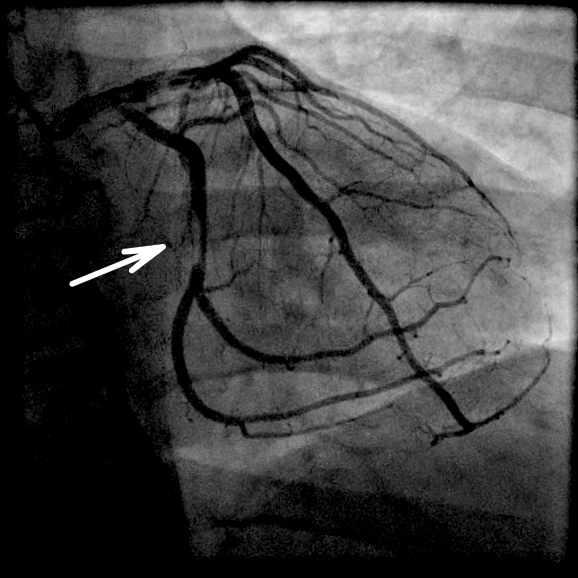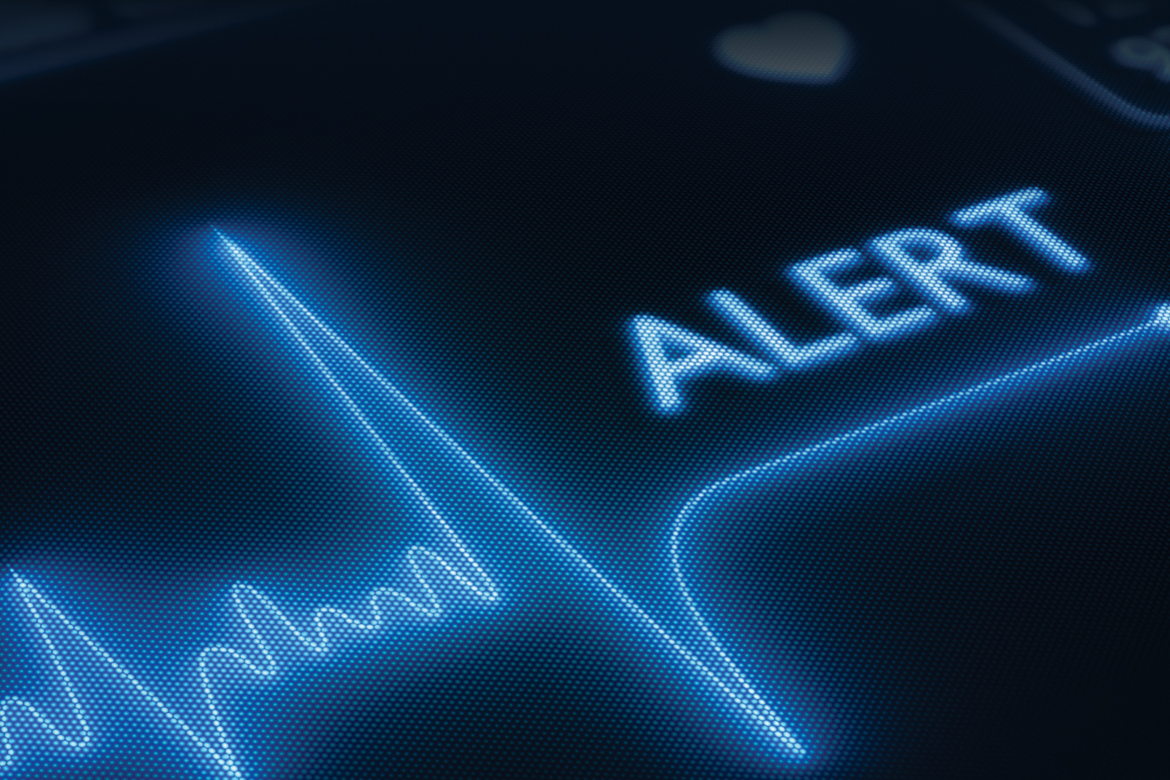You may be well-versed with the term ‘heart attack’ but understanding the basics of it always helps ease your worries when you are confronted with one.
What Is a Heart Attack?
A heart attack is medically called an ‘acute myocardial infarction’.A heart attack occurs when the flow of blood to a portion of the heart muscle suddenly stops.This is due to the formation of a blood clot over a fatty plaque, i.e. atherosclerosis, in one of the three major arteries that supply blood to your heart. If blood flow is not restored quickly, that section of your heart muscle begins to die.
What Are the Common Symptoms of a Heart Attack?
Discomfort or pain.Most heart attacks involve discomfort in the centre or left side of your chest, but can it also be felt in one or both arms, the back,shoulders, neck, jaw, or upper part of the stomach. The discomfort usually lasts more than a few minutes or intermittently repeats. You may experience obvious pain or a feeling of pressure, heaviness, constriction, or fullness. It also can feel like heartburn or indigestion.
Acidity or feeling like you have gas, shortness of breath, cold sweat, tiredness and dizziness.

How Is a Heart Attack Diagnosed?
Diagnosis of heart attack may involve the following tests:
- ECG
- Blood test (high-sensitive Troponin)
- 2D Echocardiography
- Coronary angiography
Standard Treatment for a Heart attack
Immediate
- Oxygen
- Injection for pain
- Blood thinning tablets (Aspirin, Clopidogrel or Ticagrelor)
- Tablet to stabilise cholesterol plaque (Atorvastatin)
Treatment to re-establish blood flow in the blocked heart artery
- Clot-busting injection (Tenecteplase, Reteplase)
- Coronary angiography, angioplasty and stenting

How to get Best results Of treatment?
The earlier the better
- The results of a clot-buster injection and angioplasty are better if done earlier.
- The risk of death in the first year after an attack increases by 7.5 per cent for every 30 minute delay in treatment
- Time wasted is heart muscle lost forever,increases the risk of death, and reduces the chances of a successful angioplasty. Timeliness is the most important factor for optimum results of heart attack treatment.
Once your doctor has explained the treatment to you, give your consent at the earliest.
 Back to Site
Back to Site